Het conflict in de Centraal-Afrikaanse Republiek
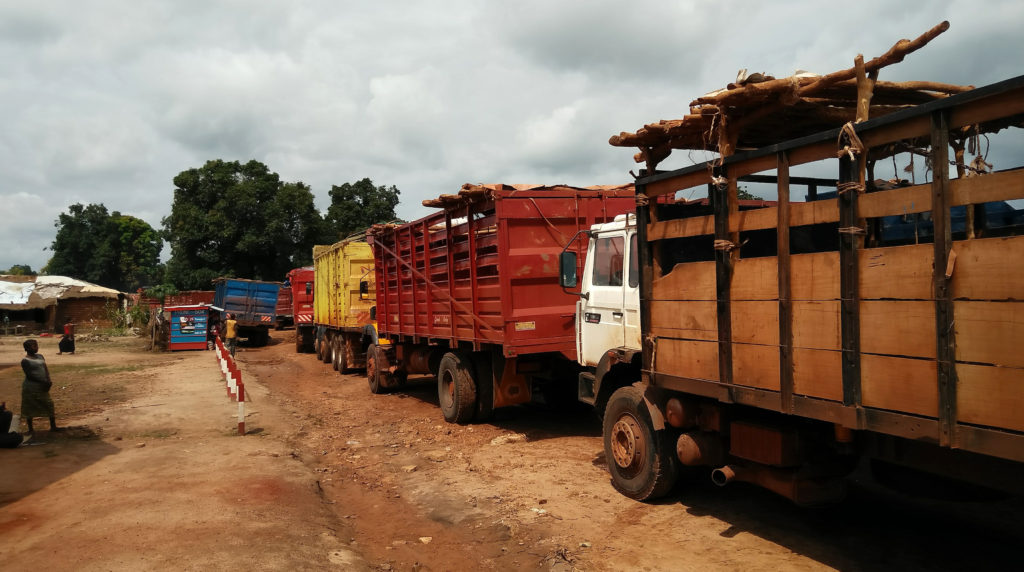
In 2014 deed IPIS een uitgebreid ‘conflict mapping’ onderzoek om inzicht te krijgen in de veiligheidssituatie in de Centraal-Afrikaanse Republiek (CAR). Dit leidde tot de publicatie van een publiek toegankelijke webkaart over belangrijke conflictdynamieken. IPIS bracht de gewapende groepen, mensenrechtenschendingen, natuurlijke rijkdommen, vluchtelingenstromen en migratieroutes van veehouders in kaart. De voornaamste conclusies van dit rapport […]
Analysis of the interactive map of artisanal mining areas in eastern DR Congo – 2015 update
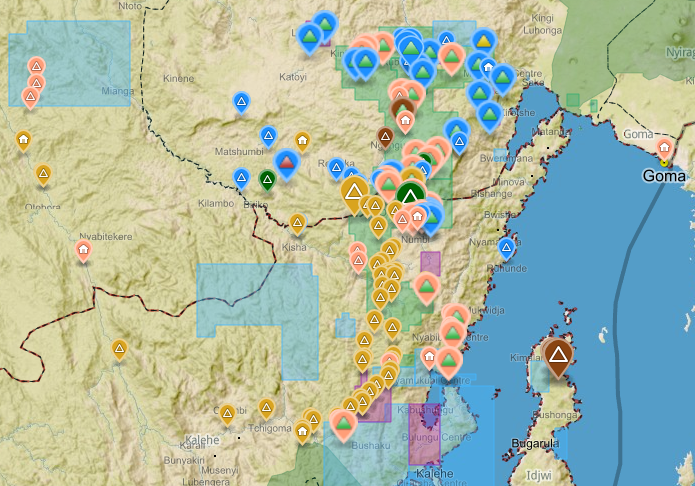
The Belgian research group IPIS has collected data on 2026 artisanal mining sites in eastern DRC over the last couple of years. IPIS observed an armed presence in more than half of the mines. In an interactive map, updated in 2015, IPIS provides information about the on-site presence of armed groups and the Congolese army […]
Third Party Review of the Bisie Security Report
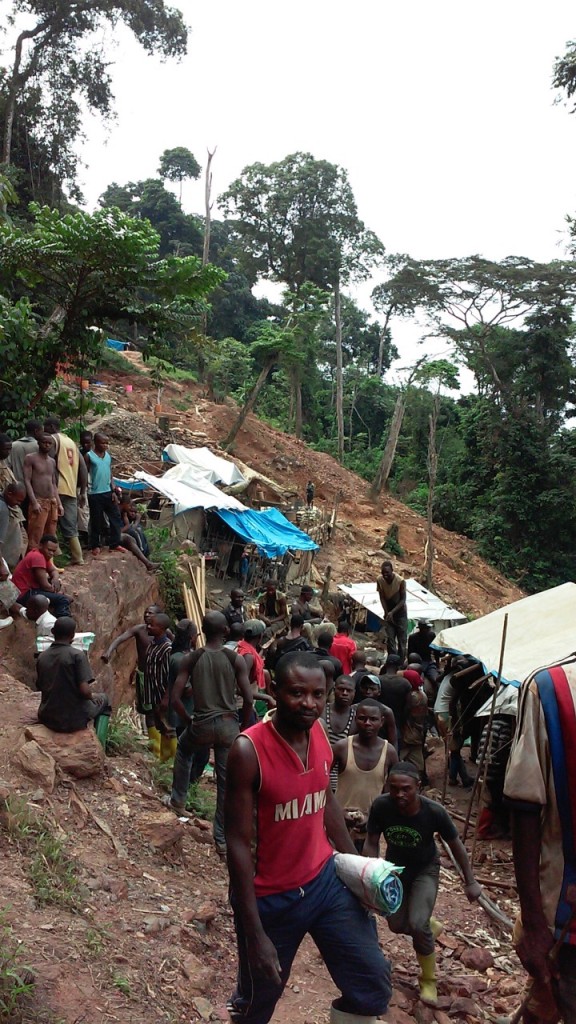
The so-called ‘Bisie Mineral Stock’ encompasses about 1,000 tons of cassiterite, extracted by artisanal miners at Bisie mines between November 2010 and June 2015. A number of bans on mining and mineral trade in this region, as well as some hesitance further down the supply chain to buy untagged minerals, meant that mineral production was […]
Coloured gemstones in eastern DRC: Tourmaline exploitation and trade in the Kivus

Responsible sourcing efforts in the Democratic Republic of Congo (DRC) to date have focused predominantly on the so-called 3TG (tin, tungsten, tantalum and gold) sector. Nevertheless, the artisanal exploitation of other minerals including semi-precious gemstones, such as tourmaline, can also make notable contributions to local livelihoods […]
Extractive Orders: a political geography of public authority in Ituri, DR Congo
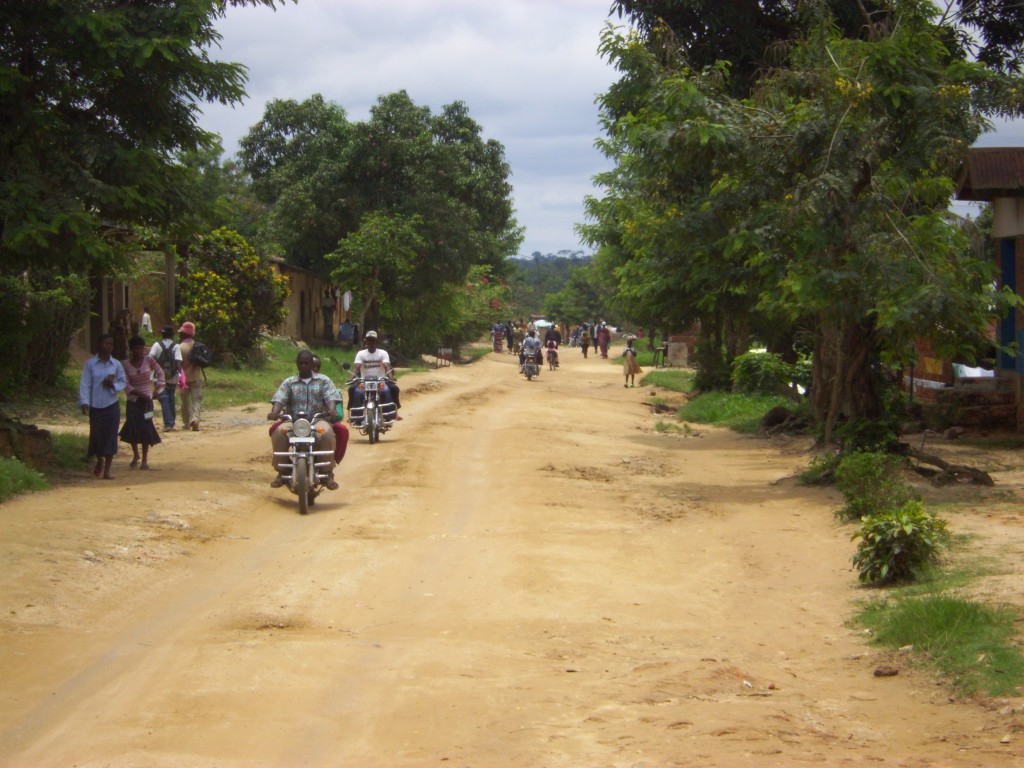
Public authority is an essentially contested concept in the Democratic Republic of Congo (DRC). Not only is the ‘state of the state’ subject to profound disagreement in academic debates, but public authority on the ground is also the focal point of heated contestation. While some argue that the DRC does not exist as a state […]
Business, Human Rights and Uganda’s oil. Part III: Respect and Remedy: Implementing corporate responsibility under the UN Framework on Business and Human Rights
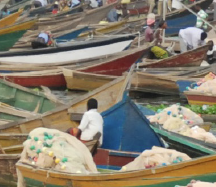
The following is the third in a series of four reports exploring business and human rights issues in Uganda’s oil sector. This series is a collaboration between IPIS vzw and ActionAid Uganda. The 2011 UN Guiding Principles on Business and Human Rights operationalise the 2008 Protect, Respect and Remedy Framework. In accordance herewith, this third […]
Thorns amongst the roses. A Cross-country analysis of human rights issues in flower farms in East Africa

Floriculture is one of Africa’s most lucrative export sectors and can bring significant benefits to producer communities, but only where operations are conducted in a manner that is sustainable and respectful of the rights of workers and communities. Thorns Amongst the Roses summarises the human rights impacts that the International Peace Information Service (IPIS), the […]
Mineral supply chains and conflict links in eastern democratic republic of congo

Between 2009 and 2010 IPIS collected data on over 550 mining sites as part a conflict mapping exercise focusing on Eastern Democratic Republic of Congo (DRC). With the collaboration of Congolese researchers, IPIS collected the coordinates of the most important mining sites and information on on-site security in North and South Kivu provinces, Maniema, Northern […]
The Right to Water and Sanitation: A Practical Guide
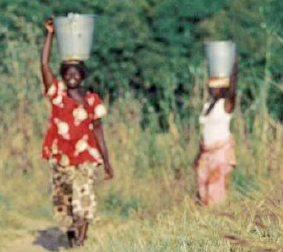
This guide is designed to raise awareness on the importance of the right to water and sanitation. It is addressed to those who work at the grassroots, and aims at helping them with practical ways to address the challenges of poverty and water issues. The guide adopts a bottom-up approach to highlight the steps that […]
Review of the Burundian Artisanal Gold Mining Sector

Burundi is located in the centre of Africa’s Great Lakes Region, a region that has seen a gold rush during the last decade, with both artisanal and industrial mining operations expanding substantially in neighbouring Tanzania and the DR Congo (DRC). At the same time, the illegal taxation and trade of artisanal gold in the eastern […]
Mapping Conflict Motives: the Central African Republic (2012-2014)
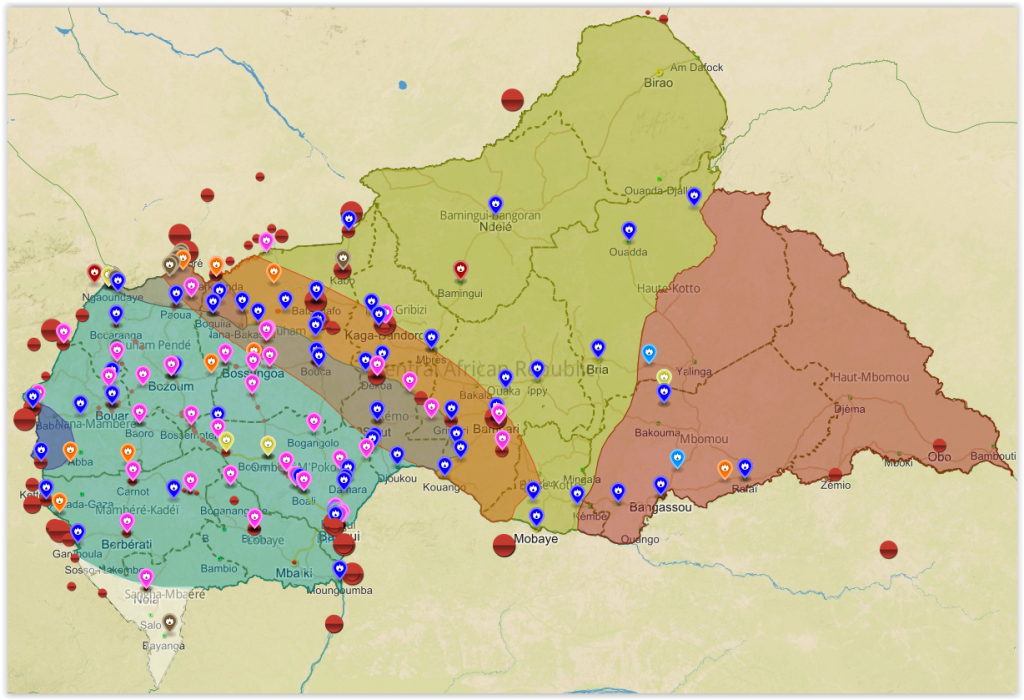
In this study, IPIS analyses the conflict dynamics in the Central African Republic (CAR) since the outbreak of the latest crisis in September 2012 up to September 2014. The analysis specifically looks into the motivations and interests of the main conflict parties, Seleka and anti-balaka, and the influence and interests of neighbouring countries. The report […]
The Adverse Human Rights Risks and Impacts of European Companies: Getting a glimpse of the picture

This report presents the findings of a study undertaken by IPIS and commissioned by the European Coalition for Corporate Justice on the extent to which European companies are identified in concerns about adverse human rights risks and impacts. Gathering concerns raised regarding the human rights risks and impacts of companies listed on the UK’s FTSE […]
Working paper on China North Industries Group Corporation
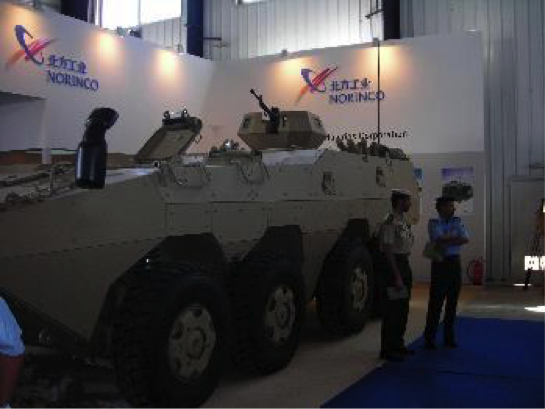
The International Peace Information Service (IPIS) and the Omega Research Foundation (Omega) have undertaken a comprehensive review of one of China’s largest state-owned companies. Norinco – known formally as China North Industries Group Corporation (CNGC) was established in 1999 and consists of at least 46 member units which then have several subordinate companies, joint ventures […]
Supply Chains and Transport Corridors in East Africa
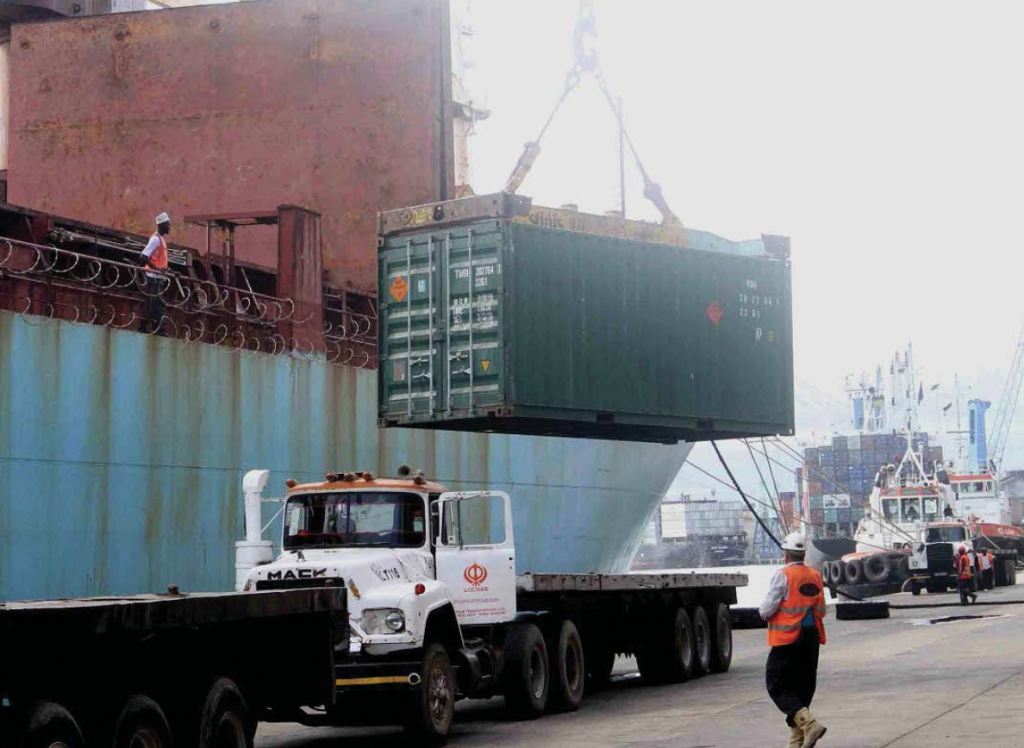
Transport infrastructure plays a key role in boosting a country or region’s economic development. IPIS and TransArms have ascertained on several occasions that the underdevelopment or degeneration of transport infrastructure is a problematic issue across a number of African countries and regions. This report analyses the current logistics situation in Eastern Africa, and the logistic […]
De Belgische ontwikkelingssamenwerking en fragiele staten: een kloof tussen beleid en praktijk?
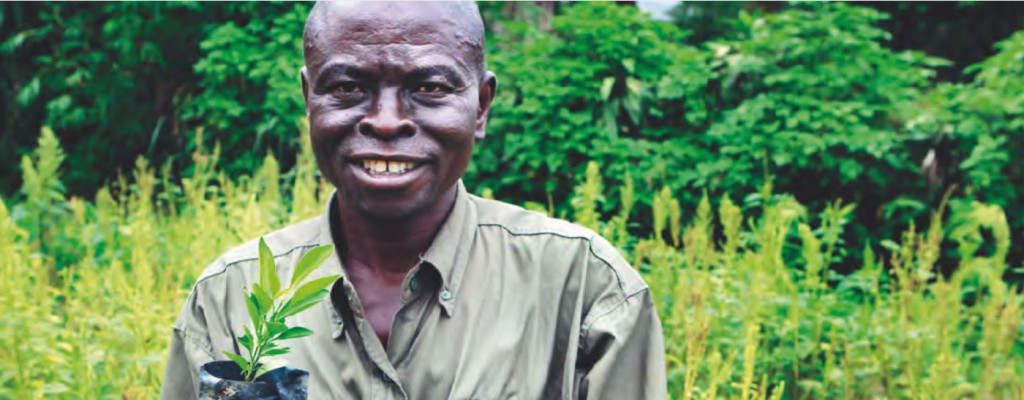
Zo goed als de helft van de Belgische middelen voor ontwikkelingshulp gaat naar partnerlanden waar de overheid niet de capaciteit, wil en/of legitimiteit heeft om de publieke zaken efficiënt te beheren, voor veiligheid te zorgen en om de bevolking uit de armoede te halen. Omdat traditionele hulprecepten in deze ‘fragiele staten’ op hun limieten stuiten, […]
Analysis of the interactive map of artisanal mining areas in Eastern DRC – May 2014 Update

In collaboration with the Congolese mining cadastre (CAMI), mining service SAESSCAM and representatives from local civil society organisations, IPIS organised a series of field visits to monitor artisanal mining activities and the involvement of armed groups and criminal networks in mineral exploitation and trade. This resulted in the publication of an interactive web map providing […]
Mapping Conflict Motives: the Sudan – South Sudan border
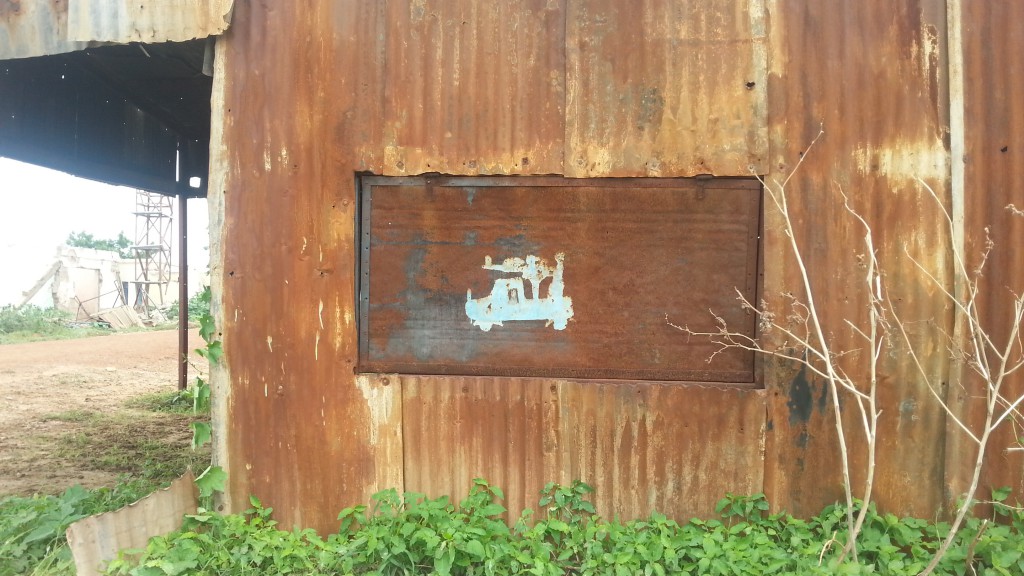
In “Mapping Conflict Motives: the Sudan-South Sudan border”, IPIS analyses the conflict dynamics in the wider border area spanning Sudan and South Sudan. The analysis specifically looks into the motivations and interests of the parties involved in the interstate, intrastate and local conflicts in this area. The report covers the following key questions: Where are […]
Business, Human Rights, and Uganda’s Oil – Part II: Protect and Remedy: Implementing State duties under the UN Framework on Business and Human Rights
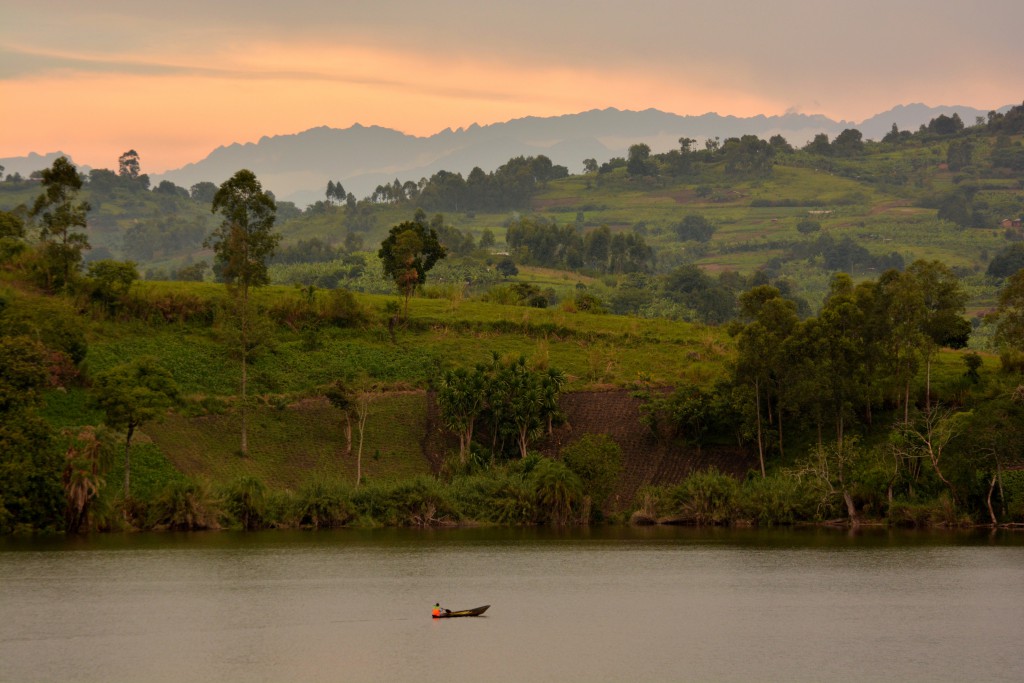
The following is the second in a series of four reports exploring business and human rights issues in Uganda’s oil sector. This series is a collaboration between IPIS vsw and ActionAid Uganda. In accordance with the UN Guiding Principles on Business and Human Rights, this second report assesses the duty of the Ugandan, British, French […]
Initiatives en matière de ‘minerais de conflit’ en RD Congo: perceptions des communautés minières locales
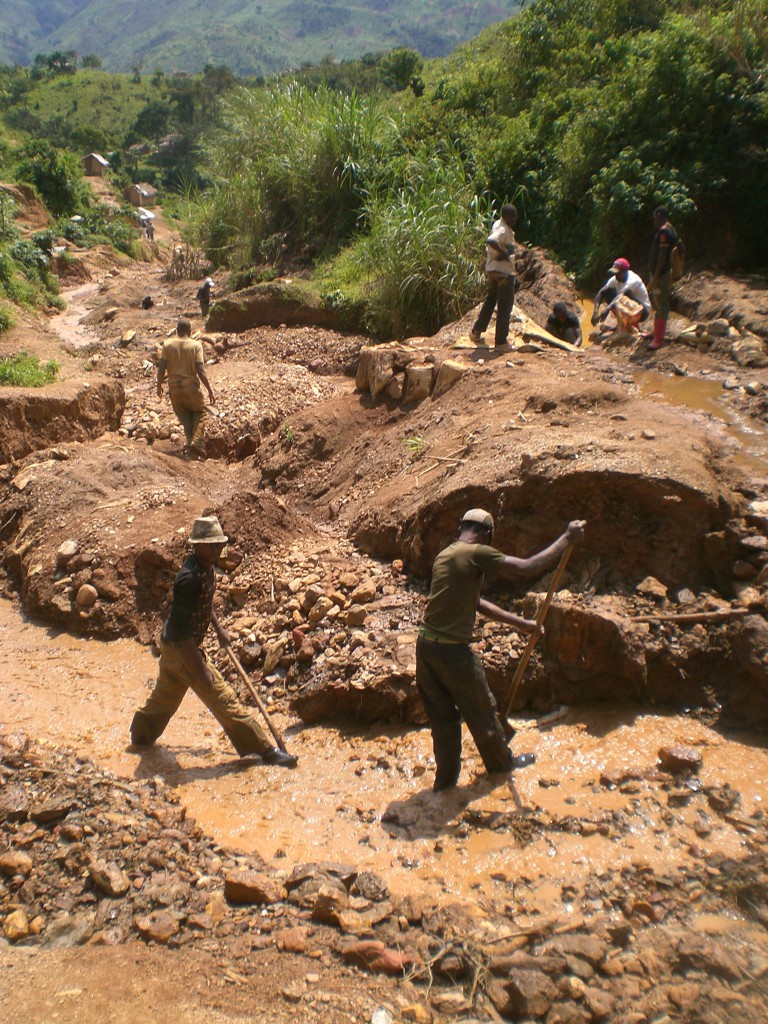
L’exploitation minière est une importante source de revenus pour de nombreuses communautés dans l’est de la République démocratique du Congo (RDC). Cette même richesse minière joue cependant aussi un rôle majeur dans la persistance de l’insécurité dans certaines parties du pays. Les revenus générés par le commerce des minerais fournissent des moyens d’opération aux groupes […]
Practice What You Preach: Theory and Practice of China National Petroleum Corporation (CNPC)’s Stakeholder Engagement Plan in Chad
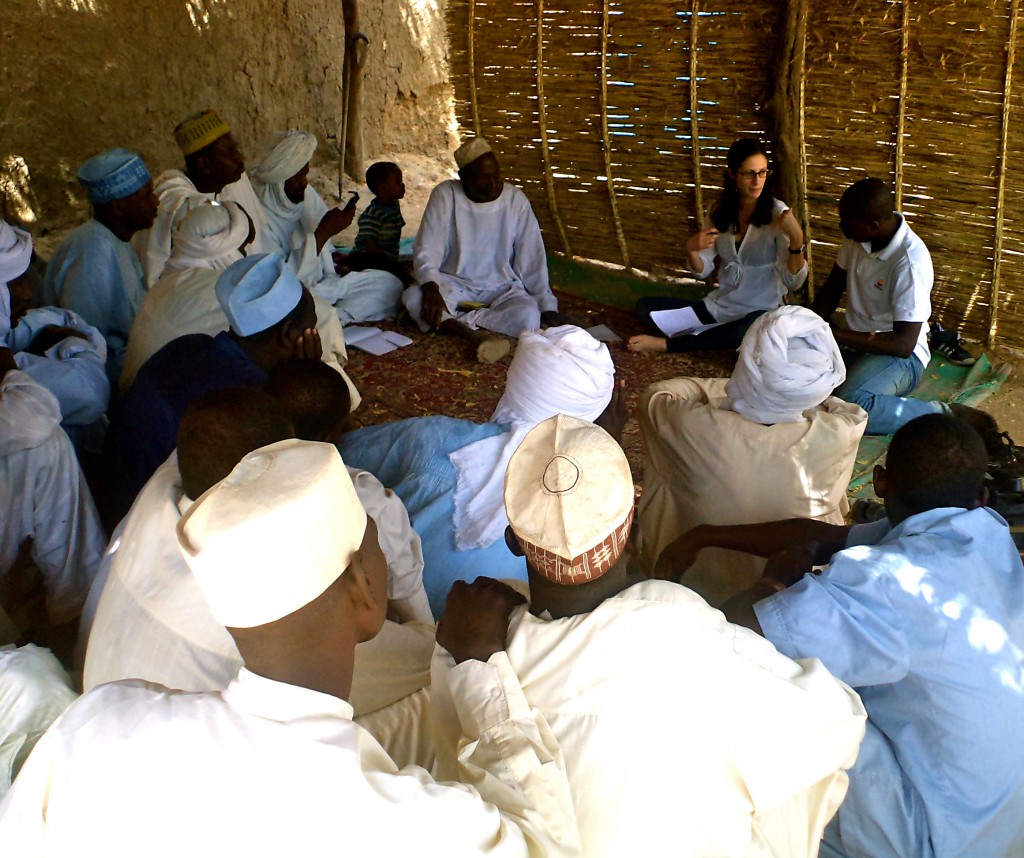
The past decade has seen a staggering increase in Chinese investment flows in Africa, leaping from USD 392 million in 2005 to USD 2520 million in 2012. Although there is a growing understanding that China’s impact on sub-Saharan Africa is far-reaching and complex, and that Chinese investments on the continent are highly diversified, the majority […]

